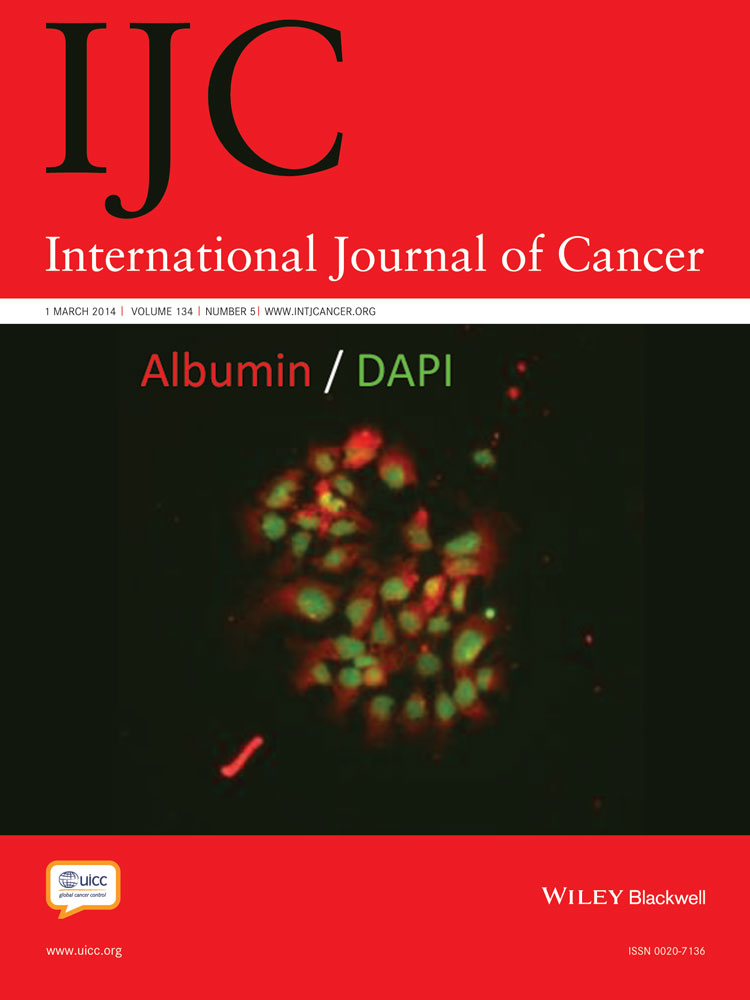Electronic nose can discriminate colorectal carcinoma and advanced adenomas by fecal volatile biomarker analysis: proof of principle study
Abstract
In the course and prognosis of colorectal cancer (CRC), early detection and treatment are essential factors. Fecal immunochemical tests (FITs) are currently the most commonly used non-invasive screening tests for CRC and premalignant (advanced) adenomas, however, with restricted sensitivity. We hypothesized that fecal volatile organic compounds (VOCs) may serve as a diagnostic biomarker of CRC and adenomas. In this proof of concept study, we aimed to assess disease-specific VOC smellprints in fecal gas to distinguish patients with CRC and advanced adenomas from healthy controls. Fecal samples of patients who were scheduled to undergo an elective colonoscopy were collected. An electronic nose (Cyranose 320®) was used to measure VOC patterns in fecal gas from patients with histopathologically proven CRC, with advanced adenomas and from controls (no abnormalities seen at colonoscopy). Receiver operator characteristic curves and corresponding sensitivity and specificity for detection of CRC and advanced adenomas were calculated. A total of 157 stool samples (40 patients with CRC, 60 patients with advanced adenomas, and 57 healthy controls) were analyzed by electronic nose. Fecal VOC profiles of patients with CRC differed significantly from controls (area under curve ± 95%CI, p-value, sensitivity, specificity; 0.92 ± 0.03, <0.001, 85%, 87%). Also VOC profiles of patients with advanced adenomas could be discriminated from controls (0.79 ± 0.04, <0.001, 62%, 86%). The results of this proof of concept study suggest that fecal gas analysis by an electronic nose seems to hold promise as a novel screening tool for the (early) detection of advanced neoplasia and CRC.
Abstract
What's new?
The analysis of volatile organic compounds (VOCs) in feces is a promising approach to gastrointestinal disease detection. In this investigation, an electronic nose (or “e-nose”) was used for fecal gas analysis of stool samples collected from healthy controls and patients with colorectal carcinoma or advanced adenoma. VOC profiles for colorectal carcinoma and advanced adenoma were found to differ significantly from control profiles. The opportunity for scalability for high-throughput capacity makes e-nose fecal gas analysis especially appealing as a possible screening tool for the detection of colorectal malignancies.




